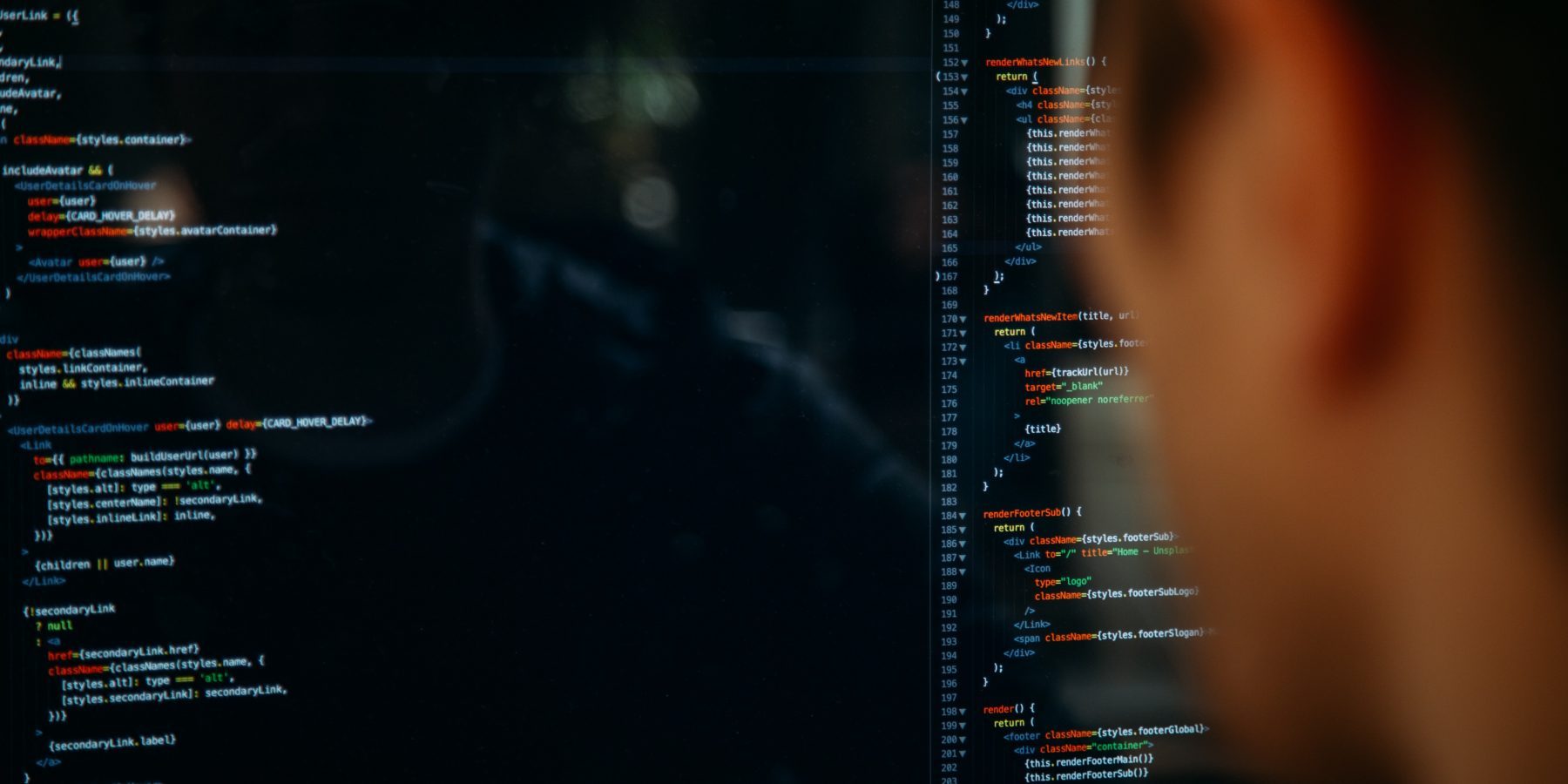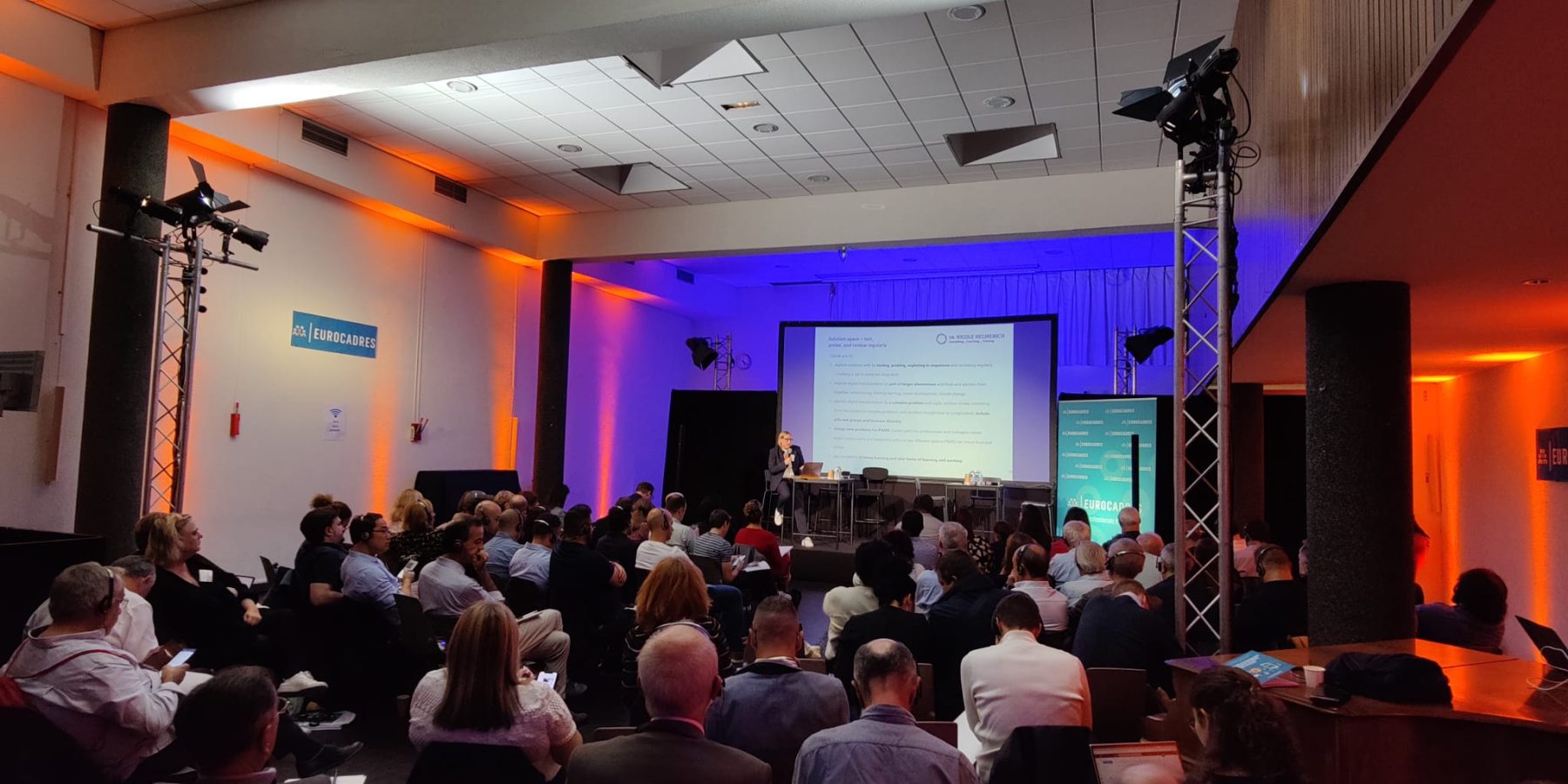
Over 100 attendees take part in our final conference.

In addition to our General Assembly, last week also saw the conclusion of our two year European project on digitalisation, with a final conference held in Paris on October 20/21. We were delighted to welcome over 100 attendees, who took part in a packed agenda over the course of two days.
Digitalisation is one of the most significant issues facing European workplaces, with large concerns on, amongst others, our future world of work, the role of autonomation, the use of artificial intelligence (AI) and data protection. Professionals and managers will be at the forefront of Europe’s digital transition, but the gaps in knowledge, protection and skills have led to the subject becoming an issue of concern for millions of workers.
With a packed agenda, our conference focused on surveillance at work, the use of AI, best practices and the role of European workers. We were joined by speakers from amongst others, the European Commission and European Parliament, with a final report detailing the project findings yet to be published.
Over the past two years we have hosted, in addition to our final conference, three workshops and a seminar dealing with: digital skills, the right to disconnect, AI and surveillance and leadership. In providing a holistic overview of the challenges facing professionals and managers, our project has covered an array of areas where workers can act to ensure their rights are protected, with examples of best practices and company cases giving participants applicable solutions to existing and future problems.
Outputs for European workers
Not only engaging in detailed discussions, the project has also led to the creation of evergreen documents to help protect workers, including our Best Practice Guide: Shaping digitalisation and ensuring employee’s rights and our Ethical AI checklist. We would like to thank Dr Nicole Helmerich for her excellent work in convening our project and contribution to the above documents over the course of the last two years.
“While there are many challenges facing us in the field of digitalisation, Europe’s professionals and managers are better equipped today than they were two years ago … We will continue to work to build a better knowledge base to protect European workers” - Nayla Glaise
With a wide-variety of speakers and topics covered over the past two years, Eurocadres President Nayla Glaise summarised the project by saying: “While there are many challenges facing us in the field of digitalisation, Europe’s professionals and managers are better equipped today than they were two years ago. Digitalisation can often seem like a daunting subject area, but trade unions have been resolute in demanding that our transition leaves no worker behind. Access to re/up-skilling, legislation that protects worker’s rights and the right to expertise in the workplace will all be fundamental pillars to guarantee a just transition.
There are a number of files at a European level which deal with digitalisation, all of which cover particular aspects of how workplaces will change. Already Eurocadres have input into key initiatives, looking to include safeguards for professionals and managers. After this project we will continue to work to build a better knowledge base to protect European workers, with proportionate legislation putting workers first”.
A full project summary, detailing the work done over the past 24 months, will be made available shortly.
